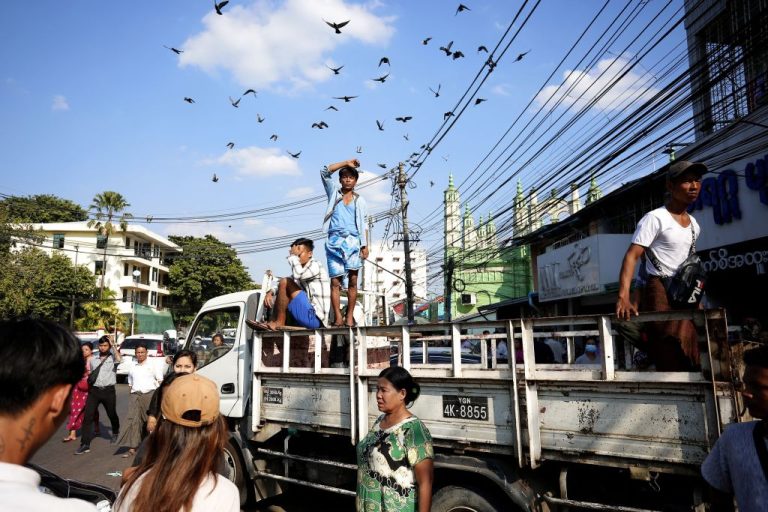On Jan. 4, the military junta of Myanmar released more than 7,000 prisoners under amnesty, just as the country was celebrating the 75th anniversary of its independence from British rule.
While the act frees many detainees, critics believe it is nothing more than a farce, given the junta’s infamous reputation in the face of a humanitarian crisis.
Freedom or publicity stunt?
The announcement of the prisoners’ release came on Jan. 4, though there were no specific mentions of who would be freed. However, local media reported that several high-ranking political prisoners were among them.
State-run media outlet MRTV said that the amnesty would exclude those arrested for “murder and rape”, or those jailed for crimes linked to sabotage, drugs and corruption, Reuters wrote.
The junta did not comment on whether ousted leader Aung San Suu Kyi would be one of the prisoners planned for release as part of the amnesty.
Success
You are now signed up for our newsletter
Success
Check your email to complete sign up
A member of Aung San Suu Kyi’s National league for Democracy party, Htin Lin Oo, was among the prisoners released by the junta, but he told Reuters that he had not been granted true freedom.
“Now I have arrived home from prison, but I am not free yet. It is not real freedom if I still need to fear even at home,” he said.
Reuters also reported that former religious affairs minister Thura Aung Ko — previously arrested in February 2021 for alleged corruption — was also freed under the amnesty.
READ MORE:
- United Nations Raises Alert on Stranded Rohingya Refugees; South-East Asian Countries Urged to Take Action
- Facebook Hit With Class-action Lawsuit Seeking $2 Billion in Damages for Spreading Misinformation and Inciting Violence in Africa
- What Was China’s Role in the Myanmar Coup?
The independence day celebrations kicked off with a grandiose display, with military vehicles and troops marching along the streets. However, since the military coup of 2013, celebrations have been quieter as people appear to stay at home in protest against the government.
Myanmar has since been under international scrutiny with criticism of its policies and atrocities, as well as sanctions from the West. Junta chief Min Aung Hlaing has called out unspecified countries for “intervening in Myanmar’s internal affairs” since the coup, Channel News Asia (CNA) wrote.
The United Nations (UN) previously demanded the junta release Aung San Suu Kyi and “all other arbitrarily detained prisoners,” Anadolu Agency reported.
Radio Free Asia (RFA) reported on Dec. 29 that the junta had cracked down on student activists, sentencing seven of them to between two and 25 years.
Burmese monk Wirathu, who was called the Buddhist bin Laden by Time Magazine in 2013, was named Thiri Pyanchi on Jan. 3, for “outstanding work for the good of the Union of Myanmar.”
“I want to say thank you to some international and regional countries and organizations and individuals who positively cooperated with us… in the midst of all the pressure, criticisms and attacks,” he said, referring to the few countries that are in support of his regime, including China and Russia.
“We are closely working with neighboring countries such as China, India, Thailand, Laos and Bangladesh. We will work together for border stability and development,” Min Aung Hlaing added during a speech in the capital Naypyitaw.

















